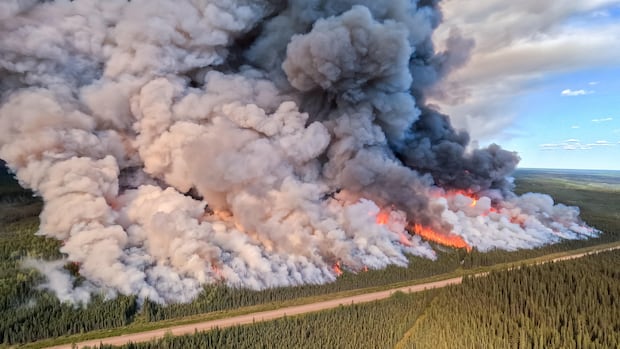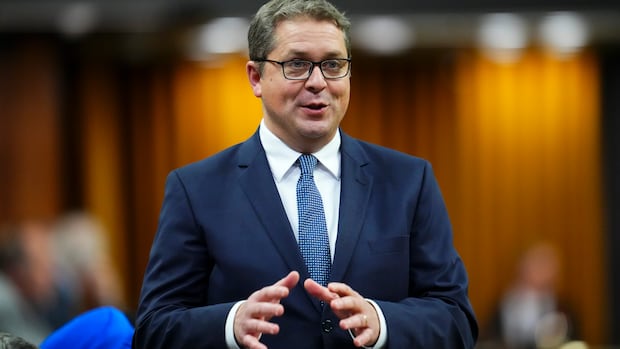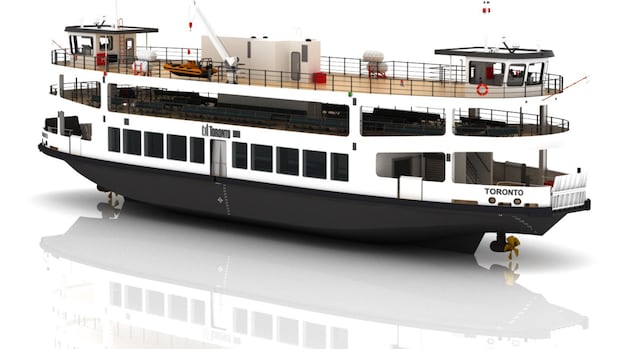Alberta is considering a financial investment in Japan’s refining sector, two sources familiar with the matter told Reuters news agency.
It’s an attempt to reduce the province’s overwhelming dependence on top trade partner the United States for oil exports.
Alberta’s government is in early-stage talks with several Japanese crude oil refiners to explore a joint venture in which it could help fund the construction of a coker unit that would enable one or more Japanese companies to process heavy crude produced in Alberta’s oilsands, the sources said.
Any deal would be unprecedented for Alberta, which has not previously made energy infrastructure investments in foreign countries. But the province is keen to increase its oil exports since last year’s opening of the Trans Mountain pipeline expansion, which increased Canada’s capacity to ship oil via the Pacific coast.
A deal with Japan would help bolster oil flows on Trans Mountain — Canada’s only east-west oil pipeline — and would also help make the case for a new export pipeline that the Alberta government is lobbying for.
Canada and Japan’s talks about an investment are in very early stages, and nothing has been finalized, one of the sources said.
For Japan, a coker would buoy the amount of heavy crude, like Canadian oil, that can be processed in the country.
Heavy, high-sulfur Canadian crude is currently incompatible with most of Japan’s existing refining facilities, and the country now imports the bulk of its oil from the Middle East.
Higher purchases of Canadian crude that can transit straight across the Pacific Ocean would also cut Japan’s dependence on shipments through the South China Sea, a maritime choke point if regional tensions arise.
Canada is the world’s fourth-largest oil producer, but its main oil-producing province of Alberta is landlocked, with limited access to tidewater ports. That means the bulk of Canadian oil — about 4 million barrels per day or 90 per cent of its total exports — is sent to the U.S. via pipelines that run north-south.
Alberta government representatives have made several trips to Asia, in particular Japan and South Korea, with the aim of drumming up interest in Canadian oil.
“Alberta is exploring opportunities in Japan to sell our light and heavy oil,” Alberta Energy Minister Brian Jean said in an emailed statement. He declined to comment on whether Alberta’s government was in talks to invest in Japan’s refining sector.
Canada’s federal government is aware of current opportunities for Japan to purchase additional volumes of Canadian oil, a spokesperson for federal Natural Resources Minister Tim Hodgson said.
“Natural Resources Canada (NRCan) is closely monitoring developments and remains open to partnering with provinces and industry to support strategic energy projects that advance Canada’s national interests,” the spokesperson said in an email.
An expansion to the Trans Mountain pipeline last year tripled its capacity to 890,000 barrels per day and opened opportunities for Canadian oil along the U.S. West Coast and in Asian markets.
China has emerged as the top buyer of Canadian crude shipped via the Trans Mountain pipeline, followed by the U.S. West Coast. South Korea has recently stepped up purchases, cinching the third spot, while Japan, India, Singapore, Brunei and Taiwan have bought cargoes on rare occasions.
Since the expansion, Japan’s Eneos Holdings bought one 250,000-barrel cargo last year and so far this year has bought one 550,000-barrel cargo, according to Kpler ship tracking data.
The operator of the Trans Mountain pipeline is also eyeing a series of projects aimed at increasing the system’s capacity by 200,000 to 300,000 barrels per day.
Meanwhile, the Alberta government is keen to increase the province’s oil production and has been lobbying pipeline companies in hopes of enticing a private-sector company to build a new crude oil export conduit to Canada’s northwest coast. Canada exported an average of 4.2 million bpd of oil in 2024, about 80 per cent of its total production.






